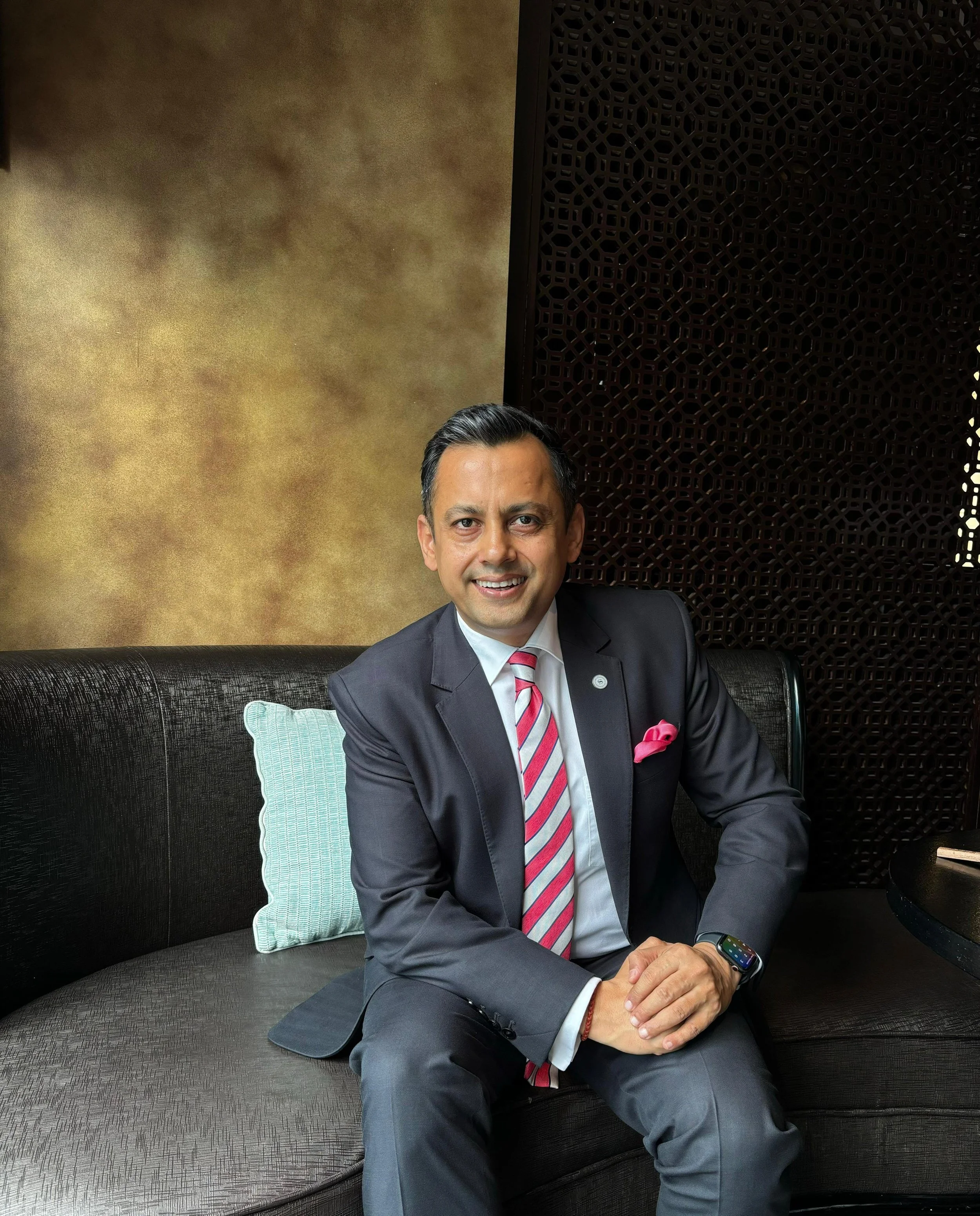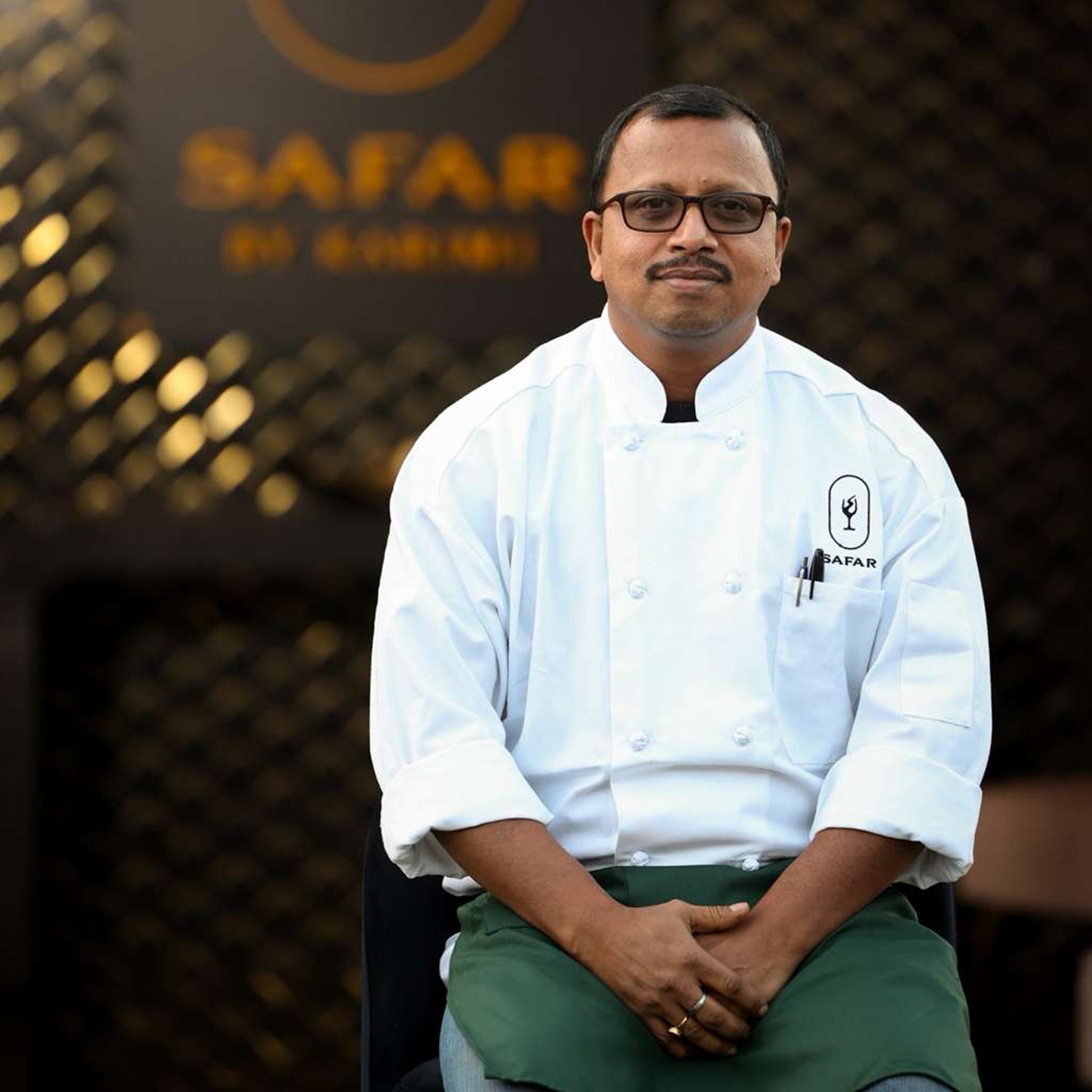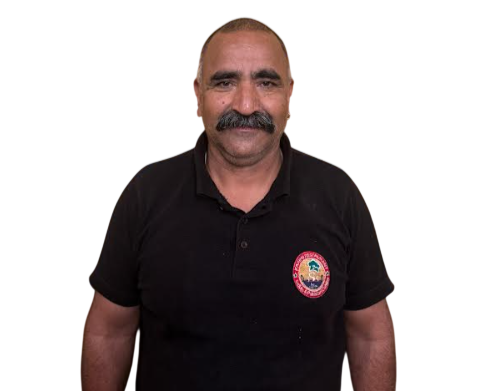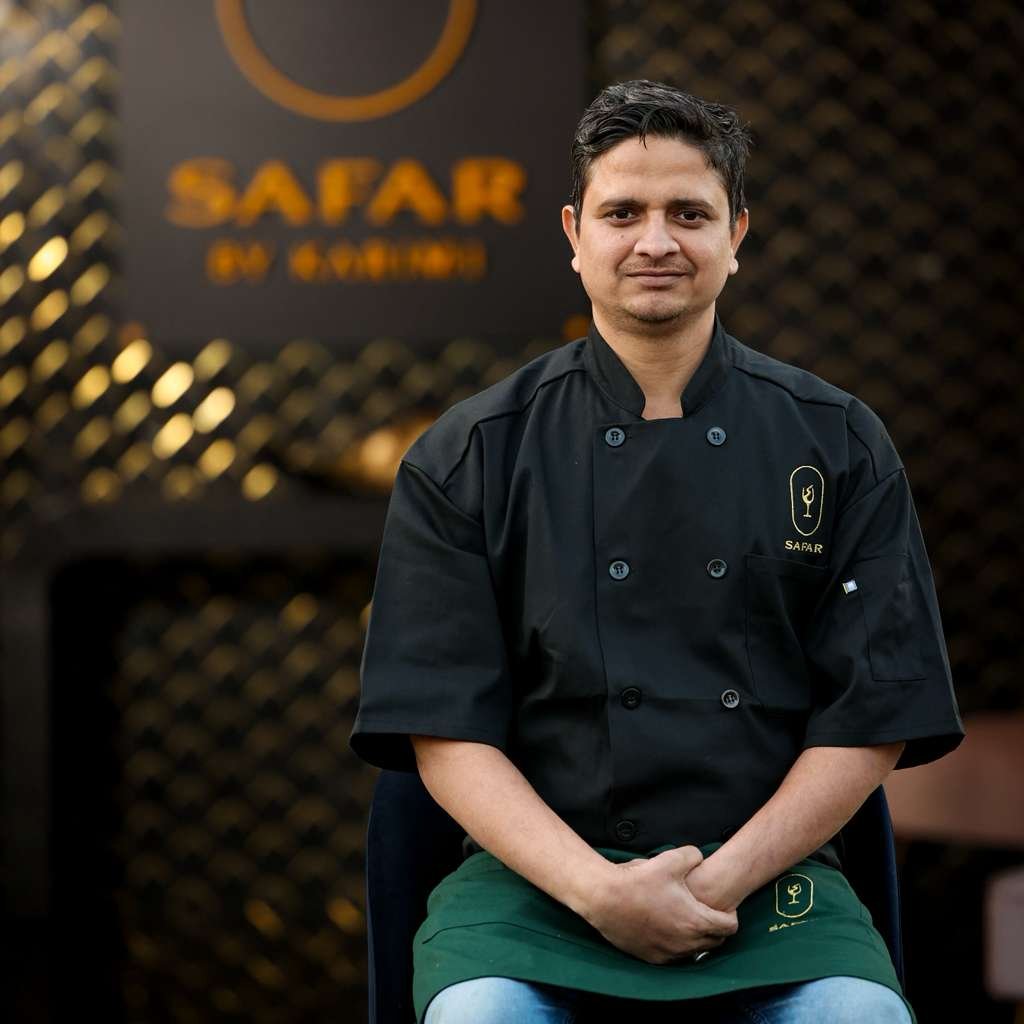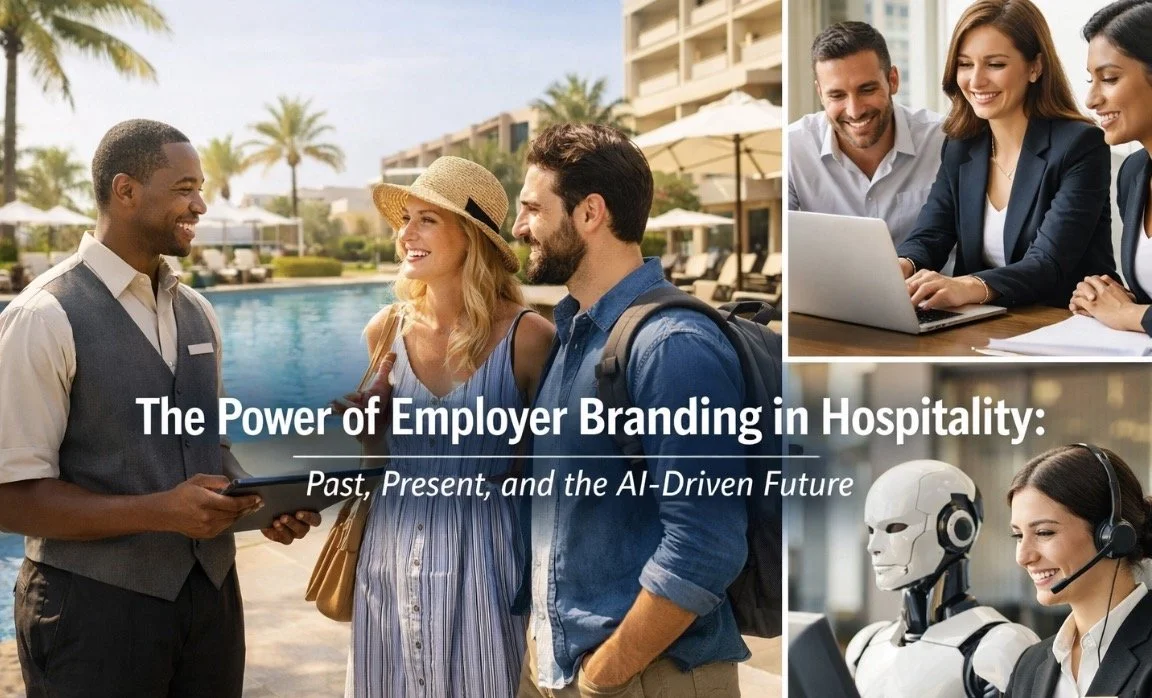Exclusive Interview | Sanjay Dogra, Executive Housekeeper, Radisson Blu Hotel, Haridwar
/“There is no shortcut to success in the hospitality industry, but with the right training and qualifications, you can surely thrive in this industry.”
Editor: Tell us about your journey. How did it all start?
My journey into hospitality was an unexpected and remarkable experience.It is almost 18 years which has given me immense strength, confidence and industry exposure. I originate from Shimla-The Queen of hills and I am first in my business oriented family to be a hotelier. My family’s biggest wish was that I become a doctor but destiny had other plans for me, since I got fascinated by hotel industry while travelling and staying in various hotels positively affected my final decision to choose the hospitality business as the industry to realize myself and work in.
I completed my Masters in hospitality and human resource management from IIM, Mumbai in 2010. My journey as a hotelier started back in 2003 ,when I graduated from IHM-Chandigarh and started my career with the Radisson MBD Noida in rooms division as pre-opening team leader, and moved up to different management positions in various international and national chains (Louvre Hotels group, Lemon Tree Hotel Company, BW International Group etc.).I have had a long association with Radisson Hotel Group, almost more than 11 years. This was my third stint with Radisson, having previously worked in the chain for seven years with most recent assignment as Executive Housekeeper/Accommodation manager before turning out to be a prospective entrepreneur lately.
Editor: What do you think it takes to succeed in this industry?
To be successful in the hospitality industry, you must be committed to ensuring customer satisfaction. Hospitality is a fast-paced profession, during busy periods you'll be on your feet juggling many tasks, so this skill is not one to take lightly. Because you'll be multi-tasking, your stress management and time management skills should be impeccable. The manner in which you respond to an emergency is the key to your success. If you are able to remain calm and respond swiftly, keeping your guests safe and happy, you will be able to uphold both your company's and your own reputation.
There is no shortcut to success in the hospitality industry, but with the right training and qualifications, you can surely thrive in this industry. A successful hospitality professional is goal-oriented, driven, hard-working, and eager to learn. .
Editor: What are the attributes you look for while selecting or hiring? If someone wants to work with you, what should they do?
While selecting team members, I look for long term potential- turnover can be expensive given the investment in training new employees, and businesses do not want to hire someone who does not have potential as a long-term hire. Along with it I look for enthusiasm and passion, putting Skills to action, positive approach, responsiveness and Creativity. If someone wants to work with me, the person needs to possess positive approach, commitment, passion and same energy level.
Editor: What are some of the trends you see impacting the hospitality industry?
The consequences of measures taken worldwide to curb the pandemic are having a growing impact on the global economy. The impact being felt by the Hospitality industry is massive due to factors including, the migratory nature of the hospitality work force and the pause on global travel, tourism and restaurant services.90% of the global population adjusted to life under travel restrictions and others stayed home afraid of the virus. The hospitality industry and the world continues to suffer considerable losses and setbacks due to the pandemic and the sector has been in a standstill. However, hospitality leaders remain strong and extremely agile to respond to all the roadblocks. Below are the major interconnected trends:
Demand is evolving more than ever with a clear change in behaviour’s and preferences. More domestic travels, more familiar, trustworthy and predictable. Outside activities are the main choice and hospitality industry is already embracing this.92% of consumers trust word-of-mouth recommendations from family and friends.
Health, Safety and Hygiene are the keywords. Social distancing, individual experiences and making sure not to stay stuck in another land will dictate the customer behaviour in the short and medium run.
Digitized and innovate. The integration of new technologies has been the reality during Covid-19. Purchases online, stay-at-home orders are on the rise with contactless technologies.
Social, environmental and institutional sustainability. Restoration of the natural habitats, unemployment, wildlife protection, anti-racism movements...there is a public awareness and advocacy of sustainability in different areas.
Many challenges await for the hospitality industry and the future may appear uncertain, however this can and will turn into opportunities for an industry that has demonstrated along the years to be extremely resilient, strong and adaptive.
Editor: Tech is now an enabler for great hospitality. Can you share with us some of the techs that go into creating your guest experience?
As technology, innovation and the environmental pressures continue to shape today’s hospitality industry, it’s becoming ever-more important for hoteliers to adopt new ways of working, and deliver their guests with a more personalized, seamless and sustainable experience. Customers are offered digital check-in and checkout, virtual show rounds, digital restaurant menus, contactless payments, and personalized experiences through curated menus for residential dining.
Editor: Two things you would like to change in the industry.
Industry needs to start looking at the sustainable operating procedures in a bigger way than what it is right now for customers and employees.
Multiskilling: I want to change the mind-set in terms of functionality of operational departments by introducing the service design concept of multi-skilling rather than specialisation in certain areas.



